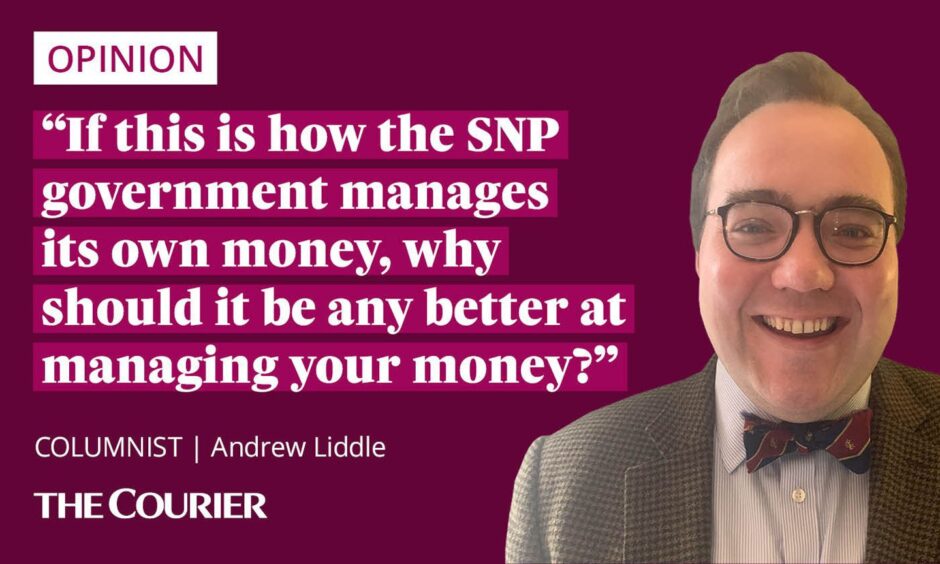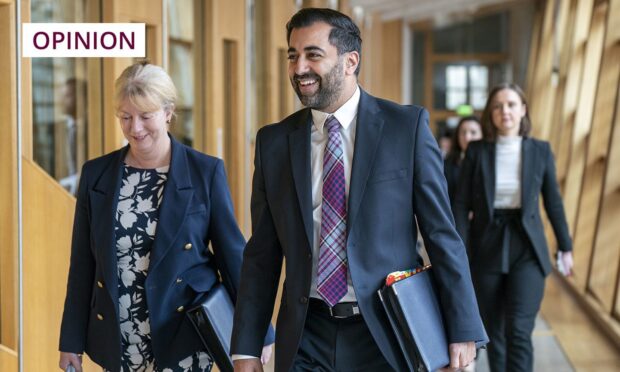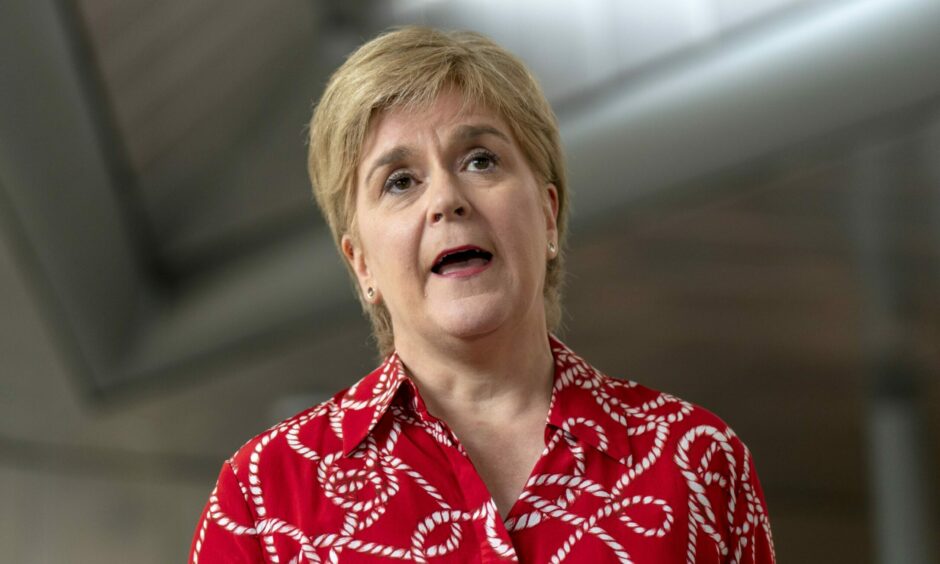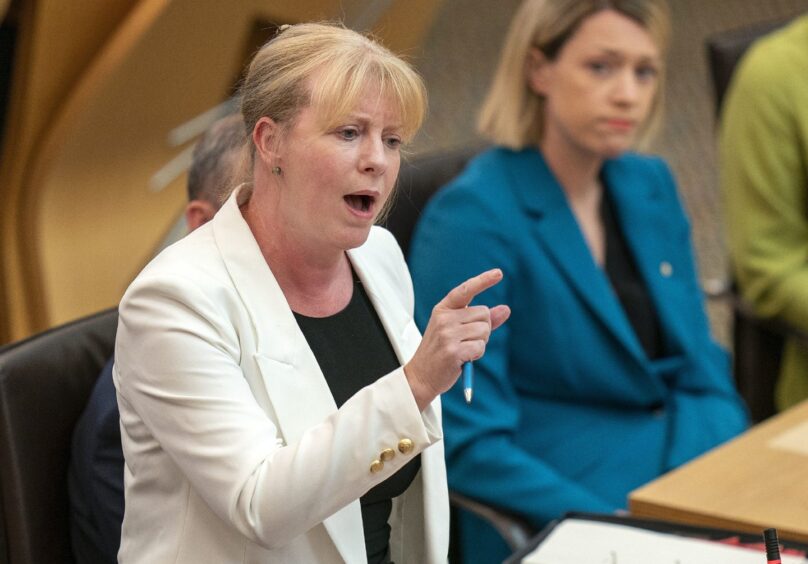Just as you should never trust a thin chef or a fat personal trainer, so too should you never trust a poor financial adviser.
In each case, the inability is self-evident, and your confidence naturally evaporates.
After all, if a financial adviser cannot enrich themselves successfully, why should they be any better at enriching you?
This is a useful adage and one, it seems, that can now be extended to the SNP government.
Earlier this week, it emerged that officials had seriously miscalculated the value of the former First Minister’s pension pot – and not just by a few pounds or even, dare I say it, a few data roaming bills in Morocco, but by more than six figures.
The value of Nicola Sturgeon’s retirement fund was slashed by more than £120,000 or, as the government agency involved euphemistically described it, merely “adjusted to its proper value”.
This may not, in and of itself, elicit widespread outrage – or even sympathy – among the population writ large. Sturgeon is undoubtedly a well-off woman and will be made more so by an apparent £300,000 advance for her much-anticipated political memoir.

But the broader question this debacle raises certainly does warrant attention, particularly given it follows a series of costly and high-profile spending debacles.
Namely, if this is how the SNP government manages its own money, why should it be any better at managing your money?
This is a pertinent question at any time, but it is particularly so now, just over two weeks before Finance Secretary Shona Robison delivers what will be one of the most significant budget statements of the devolution era.
The SNP government is facing massive financial uncertainty, with a £1billion black hole in the public accounts coupled with arguably necessary, but certainly extremely generous, pay settlements for many public sector workers.
Robison has already indicated this dichotomy will necessitate – an admittedly long overdue – restructure of Scotland’s public sector.
This will be a difficult but important step which, if managed effectively, could improve Scotland’s future economic outlook by rebalancing the economy more towards private enterprise. But the issue now is how anyone can have confidence in the SNP government to deliver that process given its track record?
Certainly, the debacle with the pension pots is not just a one-off.
In the hours following the Chancellor of the Exchequer’s Autumn Statement earlier this month, the SNP finance secretary decided to attack his cuts to National Insurance as a giveaway for the rich, apparently oblivious to the fact the cut only applies on earnings up to £50,270.
Of course, no one expects a Scottish Government finance secretary – or, indeed, a Chancellor of the Exchequer – to be able to wax lyrical on Hayekian trade cycle theory, or to be word perfect in John Maynard Keynes’ Economic Consequences of the Peace.
But they do expect – and deserve – them to have an elementary understanding of personal taxation, particularly when their administration is seemingly determined to keep putting it up.
After all – just like the thin chef, the fat personal trainer, or the poor financial adviser – when inability is self-evident, confidence is lost.
Given the state of the SNP leadership it is difficult to tell exactly what measures the budget is likely to include.
Even at this late hour, it seems perfectly plausible that even the key decision makers – Robison and the First Minister, Humza Yousaf – are still trying to decide themselves.
But what does seem clear is that, whatever they eventually decide, it is unlikely to gain the confidence of the public if they cannot show how they will competently deliver it.
Newsnight cuts are sore example of ‘use it or lose it’
The BBC’s decision to significantly scale back Newsnight is deeply disappointing.
Not only is it a flagship program where the investigations team has broken many excellent stories, but it is also providing proper public interest journalism that is often not viable for commercial enterprise – the very definition of the BBC’s purpose.
Like many journalistic colleagues, I feel Newsnight’s decline personally.
It looms large in many of my early memories of politics and journalism.
Just last month, I re-watched the famous – or, perhaps, infamous – clip of Jeremy Paxman interviewing Michael Howard, where the latter refuses, dozens of times, to answer the question.
Such grillings were not just valuable journalism, but also brilliant entertainment. While interviews will still continue in the scaled back program, it seems unlikely it will ever be the same.
The BBC’s decision is, however, a useful reminder that, if we value high-quality journalism, we must support it. I must confess that in recent years – like, it seems, many others – my commitment to watching Newsnight regularly weakened.
Perhaps it felt like an oversaturation of news, or I just got older and went to bed earlier – probably both.
Either way, now it is largely gone, I regret not better supporting it.



Conversation